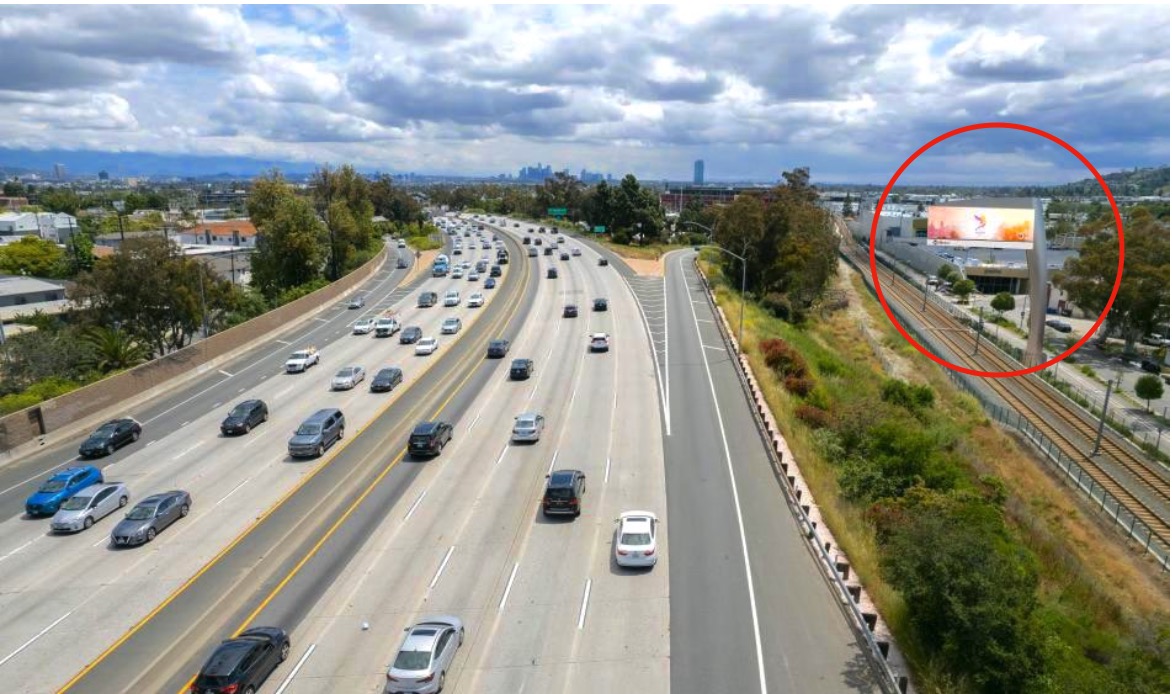Comments
OP/ED - The Transportation Communication Network (TCN) Project proposed by Metro might sound like a golden opportunity, promising millions in revenue over decades, but a deeper analysis reveals a different reality. Pitched as a solution to fuel Los Angeles' public transportation needs, it appears more like fool's gold, a facade obscuring its true impact.
Let’s break it down. Projections tout impressive figures—$300M to $500M over 15-20 years. However, dissecting the numbers shows a different picture. The annual revenue, estimated at $15-25 million, seems insufficient against the city's and LACMTA's mammoth budgets, amounting to a mere 0.0559% and 0.0839% respectively. Split between 15 districts over 20 years, it translates to a paltry $503,333 annually per district.
Scrutinizing this program’s revenue potential uncovers flaws. Analysis of billboard counts, advertising rates, occupancy, operational costs, and the removal of static billboards on LACMTA properties suggests that projected revenue might fall short. Similar ventures in Chicago and Denver suffered reduced rates and revenue due to digital billboard influx, a cautionary tale.
Moreover, unclear is the impact of revenue loss from the removal of 50 static signs on LACMTA property—a factor pivotal to these financial projections. Not to mention the anemic 4 to 1 takedown ratio supported by Councilmember Katy Yaroslavsky.
Furthermore, the exclusivity of bidding rights granted solely to AllVision raises significant concerns about the fairness and transparency of this entire deal. Areen Ibranossian, formerly the Chief of Staff for Council President Krekorian, brokered this deal and currently serves as a lobbyist for AllVision. This raises legitimate questions about potential conflicts of interest and whether this arrangement truly fosters an environment for fair competition in such a crucial city project.

This project’s promise doesn’t seem to add up. Independent financial scrutiny paints a different picture from the optimistic projections. Rather than addressing transportation needs, it risks cluttering our streets with blight under the guise of expansion.
The City must reconsider this proposal, demand transparency in the bidding process, and conduct a thorough reevaluation of the TCN Project’s potential. Let’s not be fooled by the glitter; a robust, thoughtful approach to public transportation expansion is what Los Angeles truly deserves.
(Dustan Batton is Executive Director of Scenic Los Angeles.)
















